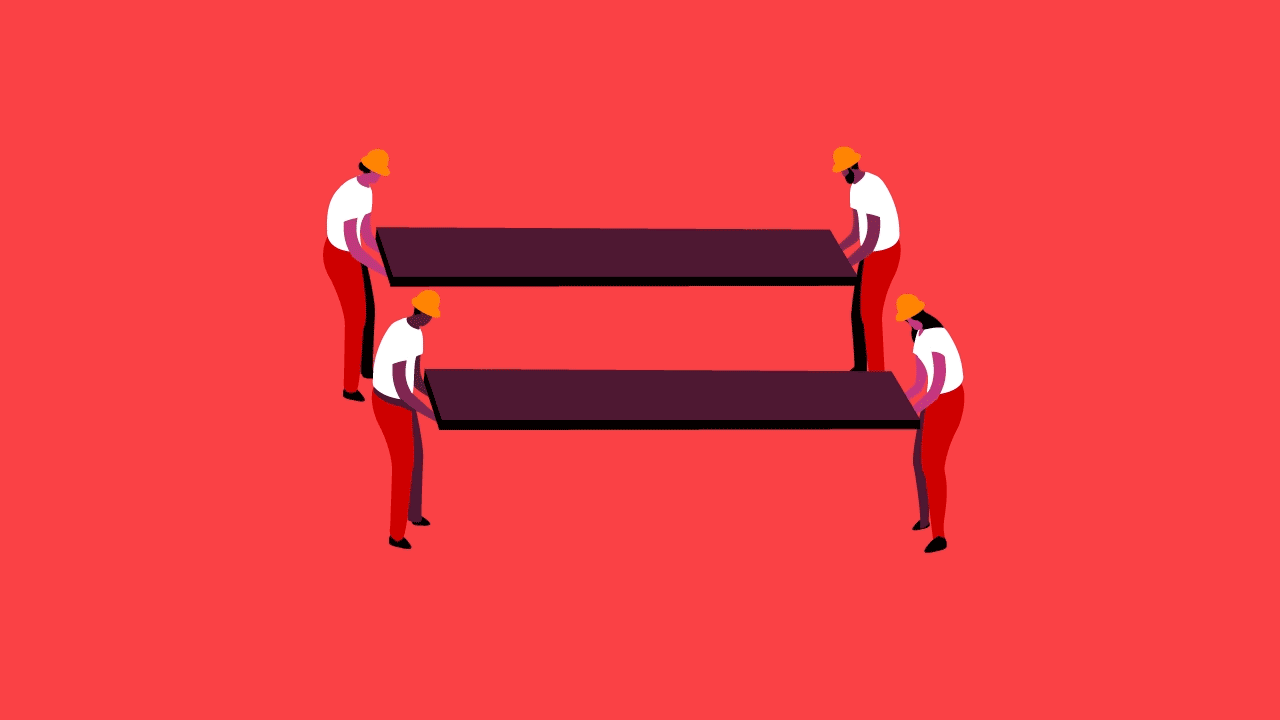by S.N. and A.L.
 IN 2012 a same-sex couple sued a bakery in Colorado for discrimination after the owner, a Christian man who believed that gay marriage is “sacrilegious”, refused to bake them a wedding cake. The owner is making his case to the Supreme Court on the grounds of freedom of expression and freedom of conscience. In 2016 a woman on a beach in Nice was forced to remove some of her clothing as several armed men stood around her. She was wearing an outfit similar to a “burkini”, a full-body swimsuit that has been banned in many beach resorts in France in the name of laïcité(secularism).
IN 2012 a same-sex couple sued a bakery in Colorado for discrimination after the owner, a Christian man who believed that gay marriage is “sacrilegious”, refused to bake them a wedding cake. The owner is making his case to the Supreme Court on the grounds of freedom of expression and freedom of conscience. In 2016 a woman on a beach in Nice was forced to remove some of her clothing as several armed men stood around her. She was wearing an outfit similar to a “burkini”, a full-body swimsuit that has been banned in many beach resorts in France in the name of laïcité(secularism).
These examples show competing views of what it means to live in an “open society”. At the core is the question of how to balance the rights of different people. How do you make sure that one group’s liberties do not infringe on another’s? Do quotas and affirmative action rebalance an unfair system or are they just another form of discrimination? Does allowing a transgender person to use a bathroom that aligns with their identity sideline the rights of others? Has #MeToo given too much weight to victim's voices over due process for the accused? The answers to such questions have been many, varied and extremely divisive.
The debate can be broadly divided into two camps. On one side are those who believe that inequalities have been built into systems by a particular group. Sexual harassment has existed for years, but before the #MeToo movement accusations were rare, partly because abusers were in positions of power and could suppress victim's voices. Same-sex marriage is revolutionary only because heterosexuals have defined marriage for centuries. There are few people of colour in academia in the West partly because entry tends to require social capital that favours white people. Advocates argue that legal protections are not enough when deeply ingrained cultural discrimination persists.
On the other side of the argument are those who believe that identity politics (that is, political interests based on belonging to a particular race, sex or religion rather than an ideology) and political correctness have run amok. They argue that they are being discriminated against in a process of “reverse racism/sexism” or tokenism. Quotas force companies and universities to look at identities over qualifications. The #MeToo movement has become a “witch hunt” that takes all accusations at face value and fails to give the accused a chance to defend themselves. Orwellian “thought police” are censoring political and social views, language, even Halloween costumes. Any opinion contrary to the liberal orthodoxy is met with a zero-tolerance approach that labels its adherents racist, homophobic or transphobic bigots. Minority groups are imposing their values and lifestyles on everybody else.
The election of President Donald Trump in America and Britain’s vote to leave the European Union in 2016 have been widely regarded as an outcome of these divisive “culture wars”. Indeed, the nativist rhetoric and anti-immigration impulses that animated both campaigns were a form of identity politicking. Around the world, increasing tolerance towards minority groups has been met with similar backlashes. Reported hate crimes against LGBT groups have risen in Britain and America even as gay marriage has been legalised. In India the ruling BJP party accommodates hard-line Hindus sometimes at the expense of the Muslim minority. Much of Mr Trump’s presidency has been based on turning back Obama-era laws aimed at certain groups: fair pay for women, allowing transgender people to serve in the armed forces, granting legal protection to the children of undocumented immigrants and extending access to contraception.
Attempts to force societies to become more open have been controversial or even counter-productive. Sweden adopted a “feminist foreign policy” in 2014, which makes gender equality central to aid allocation and diplomacy. Soon after, it became embroiled in a diplomatic row with Saudi Arabia after its foreign minister criticised the Gulf state’s human-rights record and its restrictions on women. In Costa Rica, a fringe candidate with conservative evangelical views leapt from relative obscurity to win the first round of the country’s presidential election, after a human-rights court decreed that same-sex couples must be allowed to marry (the moderate candidate has since gone on to win).
These disagreements have become an important battleground between conservatives and liberals, and have caused major rifts within liberalism. The Economist has always argued in favour of societies that are open rather than closed and will continue to do so. But as the openness and tolerance of societies is under threat around the world, we believe it is right to question the excesses of some social movements. Forced adherence to liberal values can have dangerously illiberal consequences. Silencing men’s voices in the #MeToo debate can lead to miscarriages of justice and alienate the very people whose behaviour needs to change. And a disproportionate focus on identity and groups can obfuscate other issues, such as individual freedom.
How to balance these concerns with the goal of creating a tolerant society is a pressing question of our time. The Open Societies section will look broadly at civil rights and diversity, and ask the uncomfortable questions that need answering in order to have a society that works for everybody.
No comments:
Post a Comment